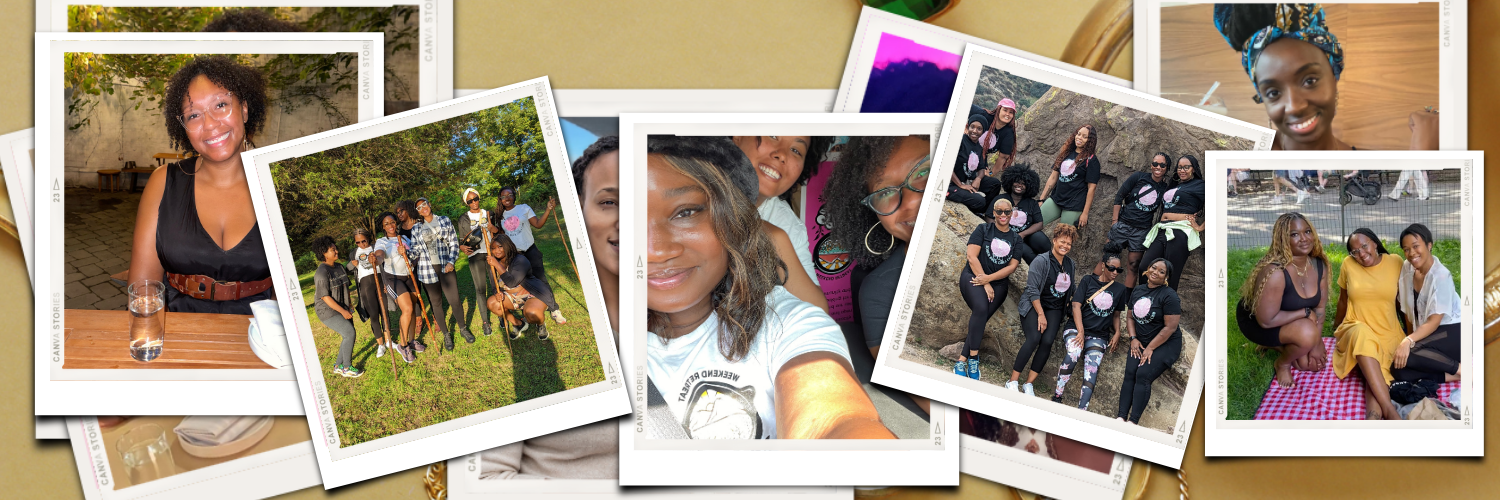“Write drunk, edit sober.” – Peter De Vries
This quote from De Vries’ 1964 novel, Reuben, Reuben was my creative process during my drinking years. I’m dismantling this myth by doing the one thing I’d avoided since sobering up over 500 days ago: writing a book without the booze. For many creatives who imbibe, this plan sounds more unlikely than the fictional worlds they create with words. I was right there with my fellow scribes, convinced that my creativity would only be greater paired with a glass (or three) of Merlot to keep it afloat. These days, the intersection between my sober and creative journeys made me rethink the many myths I believed about my Creative process. Here are a few of the little literary lies that I’m working to demolish since I got sober and picked up the pen (again):
There’s only one method to bring my art to life – and that includes getting drunk and/or high. Creatives are creatures of habit. Writers have specific journals for different uses, special pens for drafting and editing copy. Many visual artists believe they can only create in the perfect natural light or only on nights when the moon is full. While maintaining your artistic flow requires discipline, the road to creativity need not be so standard – especially if it includes alcohol or drugs. So many creative avenues opened for me during my sober journey, most notably a penchant for a new style of writing. Instead of my usual genre fiction, I found myself drawn to creative non-fiction, penning pieces for recovery blogs such as Sober Press. As I continued to explore this new creative path, I challenged myself to write a memoir-style blog piece every day. It may not have been my traditional romance novel prose, but the blogging activity led to the same result: words flowing on the page. I put my heart into those posts with the same intensity, if not more, that I’ve dedicated to each of my twelve novels. By the end of my blog challenge, I’d logged over thirty thousand words – and all of them sprouted from a sober mind. Trust me, your art is still there…just in a different (and better) neighborhood.
My art won’t be as good without liquor/drugs. This is a big myth that has the most significant stranglehold on creatives who indulge. The idea that the book, the painting, the photography, whatever the medium of art will suffer if we forgo the substances is a fear that shackles many artists to the crutch of addiction. The truth is, the art gets better the longer you are sober. It may take a while for your artistic mojo to show up but this is where self-compassion comes in. Love yourself enough to know that you deserve grace as you navigate an alcohol/drug-free world. Take (substance-free) breaks from your work when you need it. Ground yourself with breath before diving back into your art. Lastly, treat yourself with care if you decide to release your art into the world for public consumption.
I can’t handle rejection without booze/drugs. There are two things all creatives can agree on: rejection is inescapable and it sucks. Yes, I know all my spiritual woo-woo peeps will say ‘rejection is protection from something that isn’t for you,’ blah, blah, blah, and I’m sure that’s right on a higher plane. Let’s keep it real, though: when you offer your art to a reader, agent, or publisher and it gets shot down, it stings like hell. In my pre-sober days, I dealt with rejection by drowning myself in a six-pack. These days, I try my best to sit with whatever emotions the rejection might bring up for me. After I’ve dealt with those feelings, I’m in a better position to see the rejection with clearer eyes. I ask myself, Is there something I can learn about my craft from the critique? If so, be thankful for the feedback and use the lessons learned to make your art better. If the rejection isn’t resonating with you, accept it all the same and release it. In either case, remind yourself that your art, while by no means is perfect, it is yours. This art you created is precious because it came from you – your unique and talented self – and it can never be duplicated by someone else. Drugs and alcohol won’t tell you that. Quite the opposite happens, in fact.
Addiction taps into your ego, tells you your art is worthless and convinces you to never create again. Who needs that energy?
Regardless of the reviews or response, you can create art from the purest and clearest part of yourself – the sober you. That is its’ own reward.



